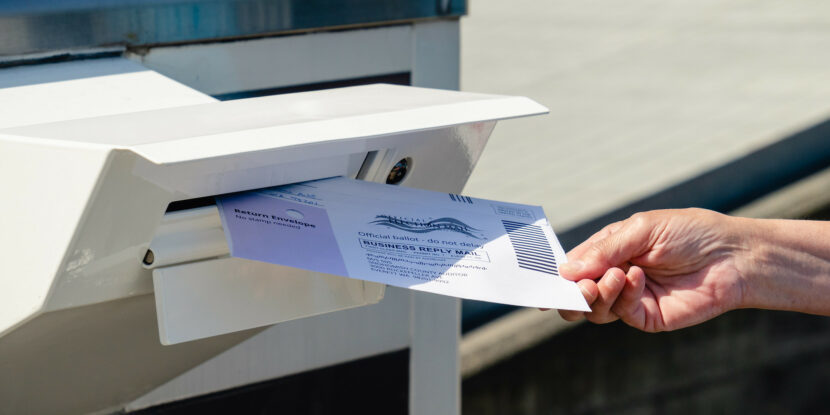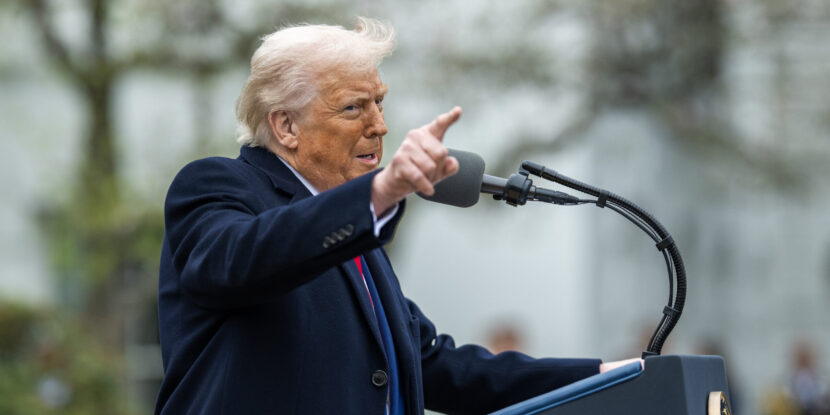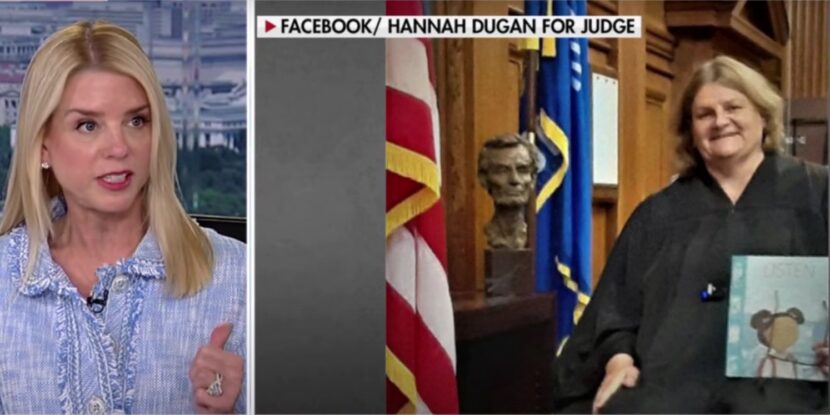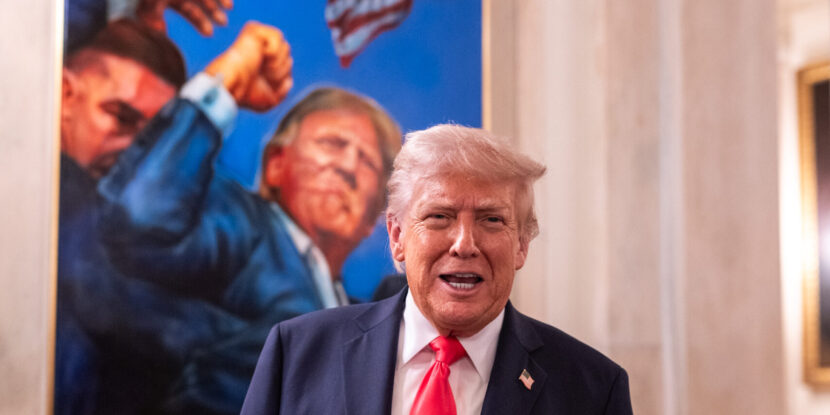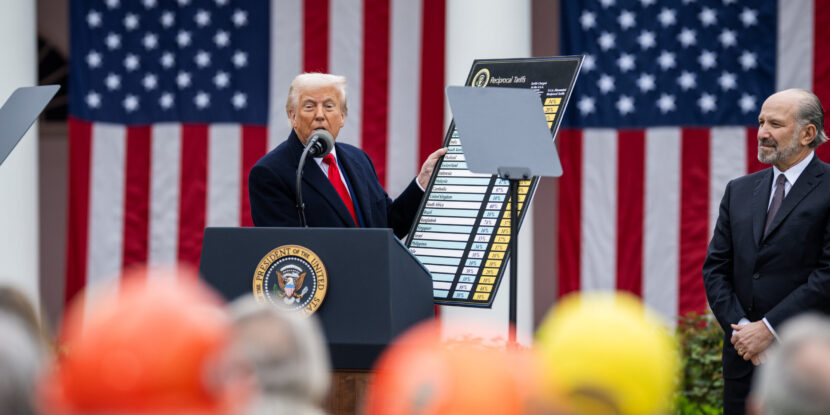IN BRIEF:
❓What Happened: Utah Governor Spencer Cox approved legislation to discontinue the state’s universal mail-in voting system by 2029.
👥 Who’s Involved: Governor Spencer Cox, Utah state legislators, Voting Rights Lab, American Civil Liberties Union of Utah.
📍 Where & When: Utah, United States; Bill signed on Wednesday.
💬 Key Quote: “Universal mail voting was enormously popular in Utah because it gave voters more freedom and flexibility to vote,” said Chris Diaz from Voting Rights Lab.
⚠️ Impact: Voting rights groups say the move could undermine public trust in elections, though election integrity advocates contend the law will cut down on voter fraud.
IN FULL:
Governor Spencer Cox (R-UT) has signed a bill to phase out Utah’s universal mail-in voting system by 2029. With this move, Utah becomes the first state to cease the practice, where every registered voter automatically receives a mail-in ballot. Approved on Wednesday, the legislation aims to stop potential voter fraud.
The legislation follows President Donald J. Trump’s recent order to limit the counting of mail-in ballots arriving after Election Day.
Utah’s policy change has drawn mixed reactions. Chris Diaz of the Voting Rights Lab highlighted the popularity of mail-in voting in the state, citing it as a means of convenience and democracy. Opposition from voting rights advocates has also been pronounced, with figures such as Ellie Menlove from the far-left American Civil Liberties Union of Utah critiquing the law.
Mail-in voting became incredibly common during the COVID-19 pandemic as some people were told to stay home rather than vote in person. The Department of Homeland Security’s Cybersecurity and Infrastructure Security Agency (CISA) even censored social media users who were concerned about mail-in voting and its potential election integrity problems.
Mail-in voting can also cause delays in the announcing of election results if there are widespread delivery problems in the U.S. mail system. Allegations of mail-in ballot fraud were seen in Oklahoma in 2021 when a Cherokee Nation election volunteer was charged with falsifying over a dozen mail-in ballots.
Just a year later, in Alaska, one in every 12 mail-in ballots cast in a local election was rejected due to irregularities, including postal service errors and voter identity issues.
